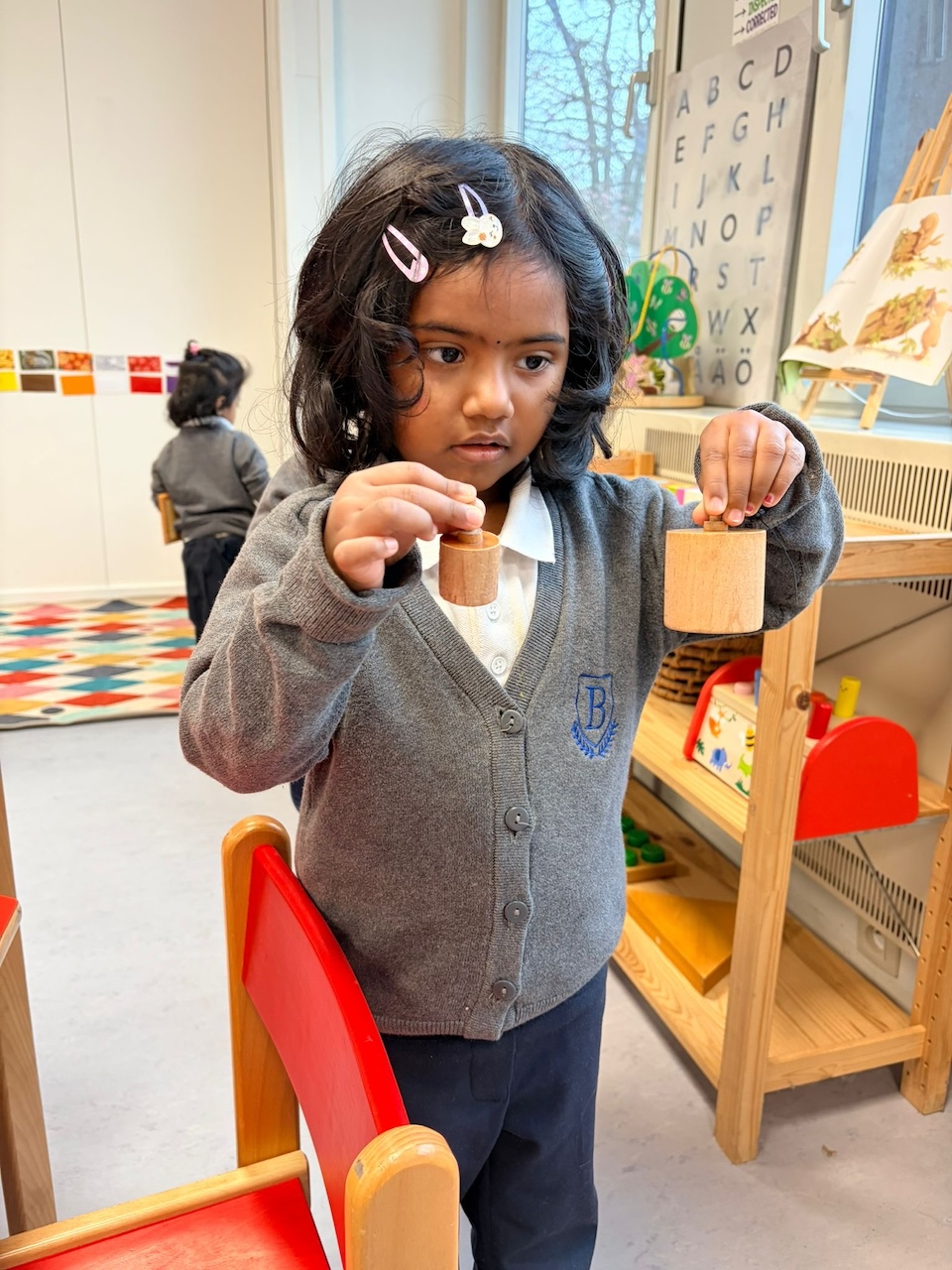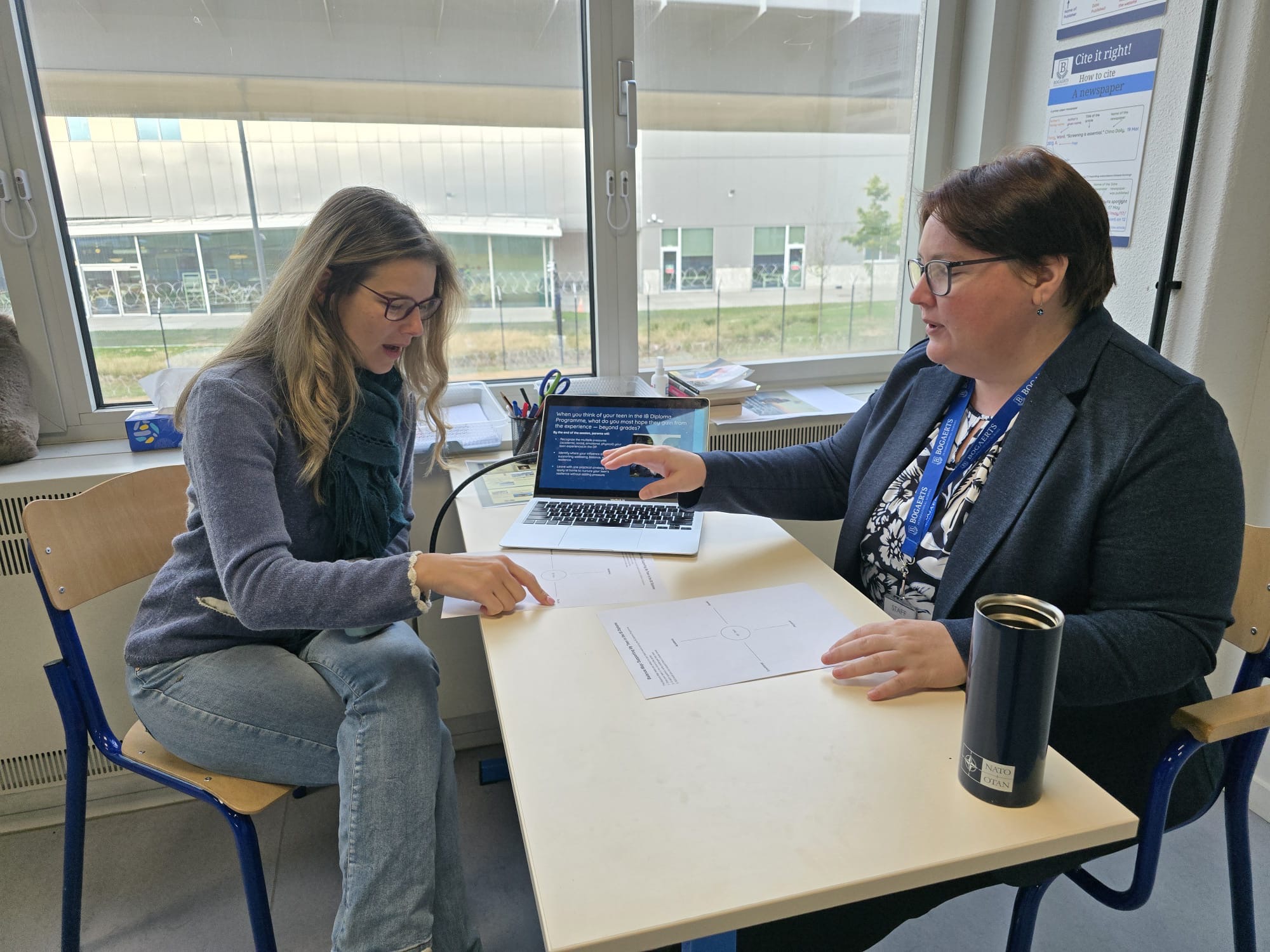Welcoming Thinking in our Reading Experiences

If you came into our language and literature classroom, whether it’s English, French or Spanish, and joined the lessons for a few minutes, you may wonder:
- Why are students not reading the same book?
- Why are students not answering comprehension questions?
- Why are assessments not necessarily asking students to produce a report?
These are only a few questions that I’d like to cite to list a few noticeable differences when exploring language and literature in a concept-based environment and in a traditional setting.
Literature offers people a direct connection to our humanity. Not only may it challenge our convictions, but also encourage us to consider different perspectives. Also, if we consider what each student and educator brings with them to the reading and discussion processes, it’s not hard to see that being critical readers, thinkers and communicators reveal strengths that transcend standardised tests and give insights into the people we are and can be.
Witnessing students' insights, how they connect with stories and characters, how they feel the need to refute or contradict authors’ points of view and observing how they construct an understanding will always be more powerful than writing a book report full of facts. I believe that we should be more interested in witnessing students’ transformation as reflective and critical thinkers and communicators than in seeing them excelling at busy work.
Here is an invitation to reflect on the reasons why we read:
How will writing a report impact a student’s life in 5 years?
How will sharing connections and responses to texts, discussing and accepting the challenges presented in a literary work impact our lives when we are no longer in school?
The video below offers you a sneak peek into the English Language and Literature class in secondary.














.png)

















































